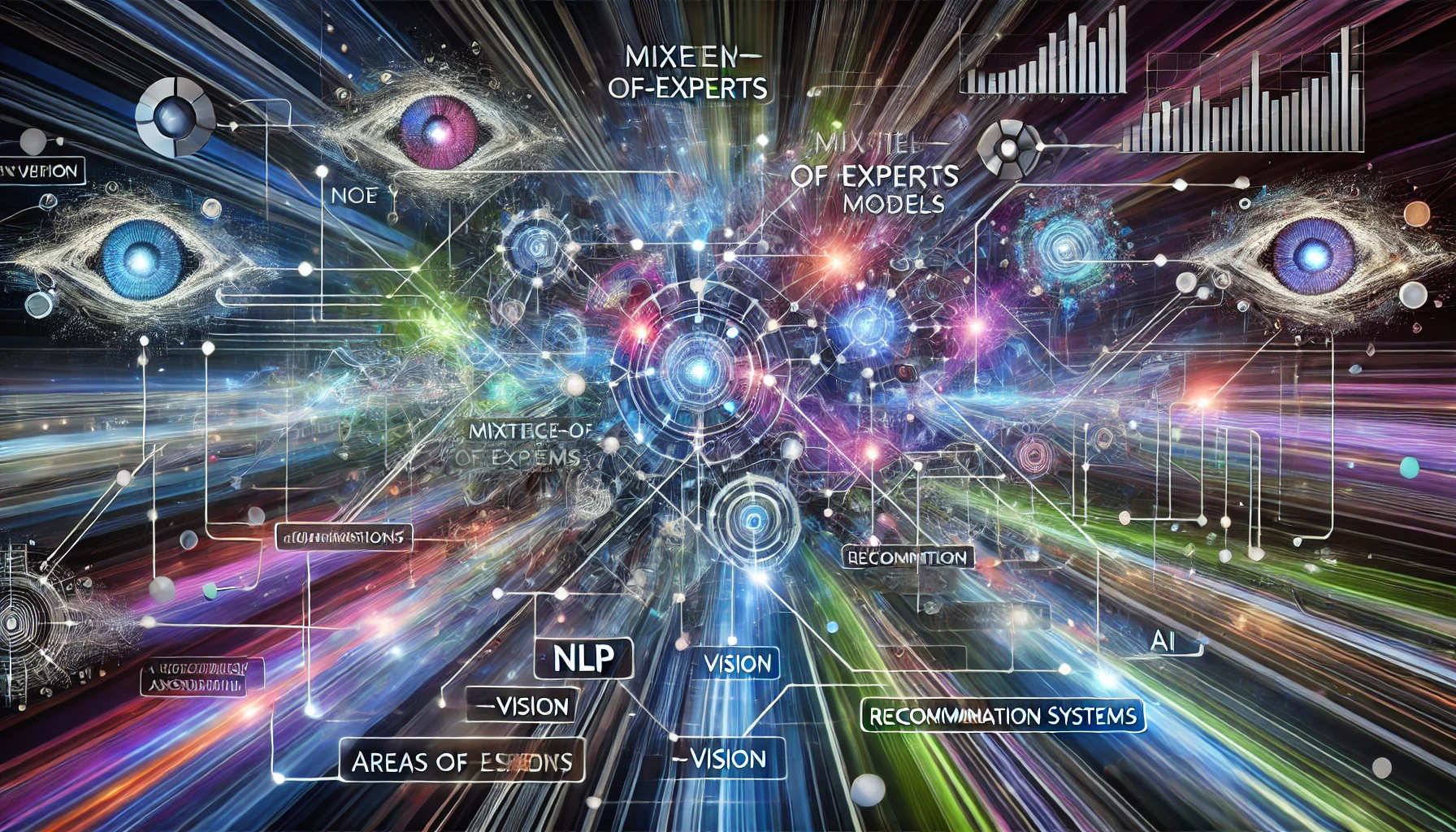Current Applications of AI in Scientific Discovery
- Protein Structure Prediction: DeepMind’s AlphaFold has revolutionized biology by accurately predicting the 3D structures of proteins from their amino acid sequences. This breakthrough aids in understanding diseases and developing new treatments.
- Drug Discovery: AI models are expediting the identification of potential drug compounds. For instance, researchers have utilized AI to design novel antibiotics capable of combating drug-resistant bacteria, significantly reducing the time required for drug development.
- Climate Science: In climate research, AI assists in predicting tipping points by analyzing complex climate models, thereby enhancing our understanding of climate change dynamics.
- Physics Simulations: AI accelerates simulations in physics, such as those conducted at CERN’s Large Hadron Collider, by efficiently analyzing vast amounts of data to detect rare events, potentially leading to new fundamental discoveries.
Potential Future Implications
As AI continues to evolve, its role in scientific discovery is expected to expand further:
- Automated Research: AI could autonomously generate hypotheses, design and conduct experiments, and analyze results, thereby accelerating the scientific method.
- Interdisciplinary Insights: By integrating data across various fields, AI may uncover novel connections, leading to breakthroughs at the intersections of disciplines.
- Personalized Medicine: In genomics, AI can analyze individual genetic information to tailor medical treatments, enhancing the efficacy of interventions.
Challenges and Considerations
Despite its promise, the integration of AI into scientific research presents challenges:
- Data Quality: AI systems require high-quality, unbiased data to function effectively. Poor data can lead to inaccurate conclusions.
- Interpretability: Many AI models, particularly deep learning systems, operate as “black boxes,” making it difficult to understand the decision-making processes behind their outputs.
- Ethical Concerns: The use of AI in sensitive areas, such as genetic research, raises ethical questions regarding data privacy and consent.
In conclusion, AI is already transforming scientific discovery, offering tools that enhance research capabilities and open new avenues for exploration. As the technology advances, it holds the potential to further revolutionize our understanding of the world, provided that its integration is approached thoughtfully and ethically.
[SEO optimized]
[SEO optimized]


